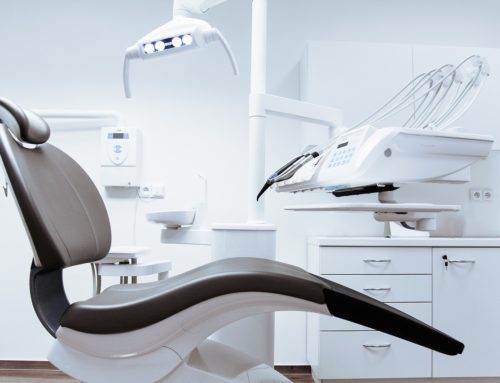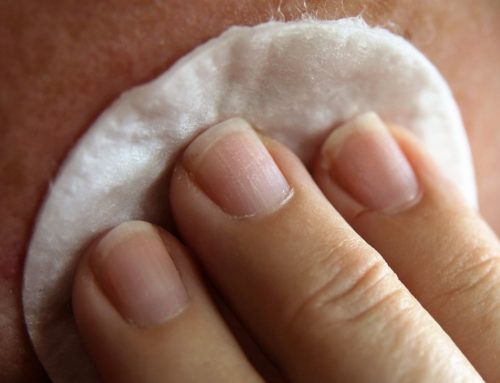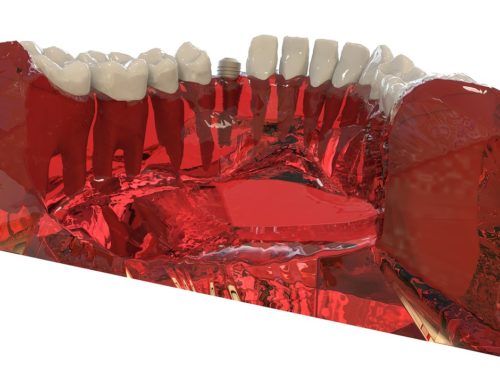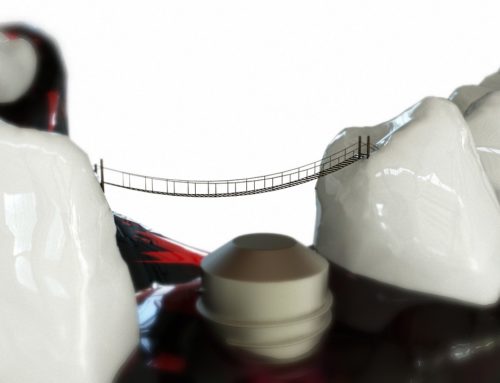One reason so many people favor dental implants as a means of replacing missing teeth is that the procedure can be scheduled at their convenience. Your oral surgeon will evaluate your overall health and the state of your bones, teeth, and gums. If you are a good candidate for implants, you can then discuss the ideal timing to have your surgery.
Here are 4 options for dental implant placement and the benefits and limits of each.
IMMEDIATE REPLACEMENT
Dental implants can be placed at the same time as your natural teeth are extracted. In many cases, immediate placement is the preferred timing for dental implants.
There’s a real advantage in having everything done in a single procedure. The space for the implant is generally in place and we can retain as much bone as possible, which helps preserve the structure and appearance of your face. Best of all, you never have to go out in public without teeth.
This option may not be open to you if you have gum disease or bone loss. Also, if you didn’t opt for dental implants when teeth were removed, this option is no longer on the table.
EARLY PLACEMENT
This refers to the placement of dental implants within a few weeks of having your teeth removed. This timing is common if you have gum disease or other infections that must be under control before placing your new implants.
If you have an infection, immediate placement can put your implants at risk, so it’s a good idea to wait. Though your gums will have begun healing after teeth are removed, bones will not have healed much, which means that placement of your implants will still be relatively easy.
Often this short delay can help us manage your gums so we have a more attractive result in the end.
DELAYED PLACEMENT
Delayed placement is generally our least favorite choice for dental implants. Having the procedure a few months after extraction of teeth can present many challenges, since bone healing may be progressing at an uneven rate — and may even be in a vulnerable state. Even so, this may be the best timing for implants if an infection is proving difficult to control.
LATE PLACEMENT
This option means placing your dental implants 6 months or more after teeth have been extracted. Sometimes this timing is necessary if your jaw needs extensive reconstruction with bone grafts, which adds extra steps to the total implant process. Late placement also allows grafts to heal fully and incorporate with existing bone – a good thing for the stability of your dental implants.
WHAT’S THE BEST TIMING FOR YOUR DENTAL IMPLANT SURGERY?
If you are considering replacing one or more teeth with dental implants, now is a good time to consult with Dr. Farole. He has worked with thousands of patients in Bala Cynwyd and the Greater Philadelphia area and is happy to meet with you. Dr. Farole will determine if you are a good candidate for dental implant surgery and help you choose the timing that’s best for you.
Take the Next Step
Want to learn if a dental implants is right for you? Schedule a consultation at Dr. Farole’s Facial Cosmetic Surgery Center in Bala Cynwyd, PA by giving us a call at (610) 668-3300 today.
Source






